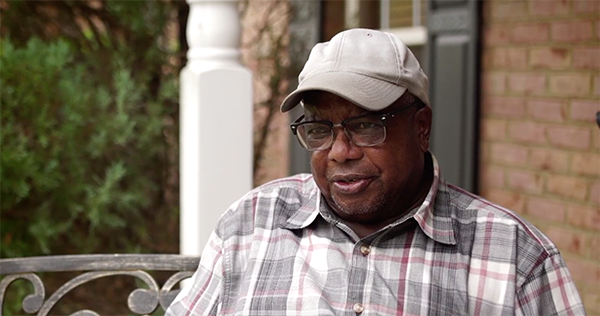Police broke down the door of Georgia resident Onree Norris with a battering ram. Officers threw several flash grenades before entering.
Norris, 79, was visibly shaken and confused. Just outside the house, Lieutenant Marlow turned to Officer Hicks and asked: “what are they doing over there?”
“I have no clue,” Hicks responded, according to his deposition.
The police had the wrong house. But what is most appalling about this incident is how obviously wrong they were. The warrant police had obtained described an off-white house with a black roof, and depositions revealed police had already done a drive by of the correct location. Norris’ home was a yellow house with a grey roof—with a separate driveway, mailbox, and address.
Worse, officers were still deliberating over whether or not it was the right location as they broke down the door. “This house?” asks one of the deputies, staring at the house described in the warrant. But other officers were already entering Norris’ home.

A suit by Norris to recover emotional distress and property damages fell on deaf ears with the Federal District Court, which granted summary judgment to the officers for an all-too-familiar reason: qualified immunity. “What it’s morphed into is almost absolute immunity for law enforcement officers,” remarked Norris’ attorney, Darryl Scott, on the doctrine. Norris has appealed his case to the Eleventh Circuit Court of Appeals.
As the depositions from Norris’ suit make clear, the police officers had all the information they needed to effect their search on the right house. It would have only taken a moment of diligence to avoid the harm they wrought on Norris’ home and his person. But because qualified immunity shields public officials from the consequences of their actions, they have little reason to think twice before breaking down the door of the wrong house. Nor is there much incentive for police departments to train their staff to be meticulous and certain in carrying out searches and seizures. Even if they get it wrong, the unfortunate homeowner will be the one stuck paying for the cost of their mistakes.